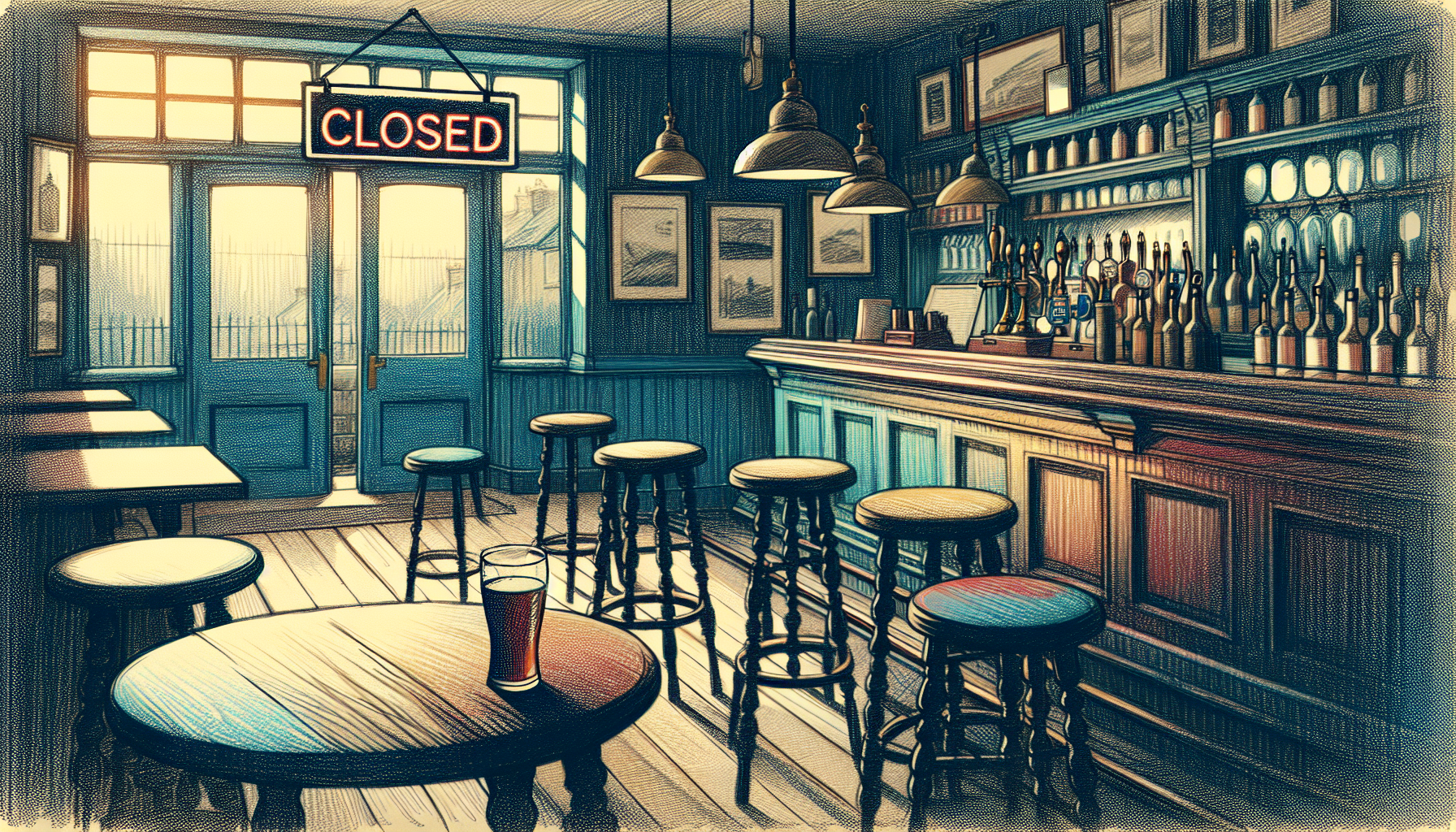April sees significant rise in UK pub closures. A series of tax increases introduced by Chancellor Rachel Reeves in her Autumn Budget last year has led to a surge in pub closures across the UK in April, according to recent figures. Price Bailey, an accountancy firm, reported that 67 pubs shut down during the month, marking the highest number since July 2024 when 75 pubs declared insolvency. UKHospitality highlighted the impact of increased employer’s National Insurance contributions and a higher National Minimum Wage, which have raised the cost of full-time employment by at least £2,500 per person. These changes, announced in Reeves’ first Budget in October last year, took effect in April. The hospitality sector, employing 3.5 million people, has been severely affected as it heavily depends on part-time and minimum wage workers. Matt Howard, head of insolvency at Price Bailey, indicated that the early signs show the tax and wage hikes are pushing struggling pubs to insolvency. According to UKHospitality’s chair, Kate Nicholls, the economic warning signs are evident, and the impact of April’s cost increases aligns with predictions.
Price Bailey found that 21% of pubs are technically insolvent, with negative net assets on their balance sheets, making them vulnerable to closing. Howard noted that while some pubs can continue trading, many are unable to cope with rising payroll and energy costs. Small independent pubs are particularly suffering compared to chain pubs and experiential venues, which have reported better trading results in 2025. For instance, Fuller’s reported a 4.2% increase in like-for-like sales in its pubs in the first 10 weeks of the year. Meanwhile, JD Wetherspoon, Marston’s, and Young’s have managed to weather the costs crisis through improved trading and technology-led labour efficiencies. However, smaller pubs face a vicious cycle of rising costs, forcing them to reduce opening hours to remain viable. Howard commented that many pubs are prioritising profitability over long-term customer relationships by focusing on peak hours.
New figures from the British Beer and Pub Association (BBPA) revealed that tax hikes and the rise in the Minimum Wage have cost each UK pub an average of £14,000. The BBPA pointed out that increases in National Insurance contributions, the National Minimum Wage, business rates, and packaging taxes have wiped out the equivalent of 12 days of turnover for pubs. Emma McClarkin, head of the trade body, described the impact as “indefensible” and called for immediate government action to support the sector’s future. The BBPA urged the government to reform the business rates system to help offset recent cost increases. Although the Labour government plans to reform business rates and promised an interim report in the summer, the April Spring Statement reduced property tax relief from 75% to 40%, resulting in higher bills for hospitality, retail, and leisure businesses. The BBPA has called for expedited reforms to alleviate pressure on pubs, warning that the average price of a pint of beer will surpass £5 due to the cost hikes. The estimated 21p increase per pint is expected as pubs pass some of the cost inflation onto customers. McClarkin stressed the need for fairness and a modernised business rates system that does not punish pubs, as well as measures to mitigate employment cost rises and a review of the extended producer responsibility system.




